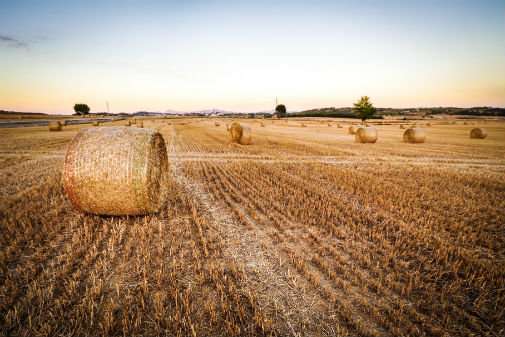A major new study involving researchers from the University of York has measured a global shift towards more sustainable agricultural systems that provide environmental improvements at the same time as increases in food production.
The study shows that the sustainable intensification of agriculture, a term that was once considered paradoxical, delivers considerable benefits to both farmers and the environment.
The study, published in the leading journal Nature Sustainability, involved researchers from 17 universities and research institutes in the UK, USA, Sweden, Ethiopia and New Zealand.
Progress
Their assessment shows considerable progress has been made towards the sustainable intensification of agriculture, with sustainable approaches now being implemented on 163 million farms worldwide.
Find your dream job in the space industry. Check our Space Job Board »
Co-author of the assessment, Professor Sue Hartley, who is director of the York Environmental Sustainability Institute and University’s Research Champion for Environmental Sustainability and Resilience, said: “It has long been thought that increased food production would have to come at the expense of the agricultural environment and its biodiversity, but this paper shows that this trade-off is not inevitable and the sustainable intensification of agriculture is both possible and increasing globally.”
“The use of techniques such as integrated pest management, agroforestry, and micro-irrigation is expanding and are now being practiced on 29% of farms worldwide, with the greatest advances in low and middle income countries. Our research shows this can deliver the ‘win-win’ of improved agricultural and environmental outcomes.”
Transformative
With the benefits of these sustainable technologies and practices, devised with input from both farmers and scientists, increasingly evident, the researchers are calling for policy makers worldwide to establish measures to increase their uptake still further.
The study concludes that sustainable intensification of crop production may be approaching a tipping point where it could become transformative.
“Global assessment of agricultural system redesign for sustainable intensification” is published in Nature Sustainability.
Provided by:
University of York
More information:
Jules Pretty et al. Global assessment of agricultural system redesign for sustainable intensification. Nature Sustainability (2018). DOI: 10.1038/s41893-018-0114-0
Image:
The sustainable intensification of agriculture delivers considerable benefits to both farmers and the environment.
Credit: University of York
